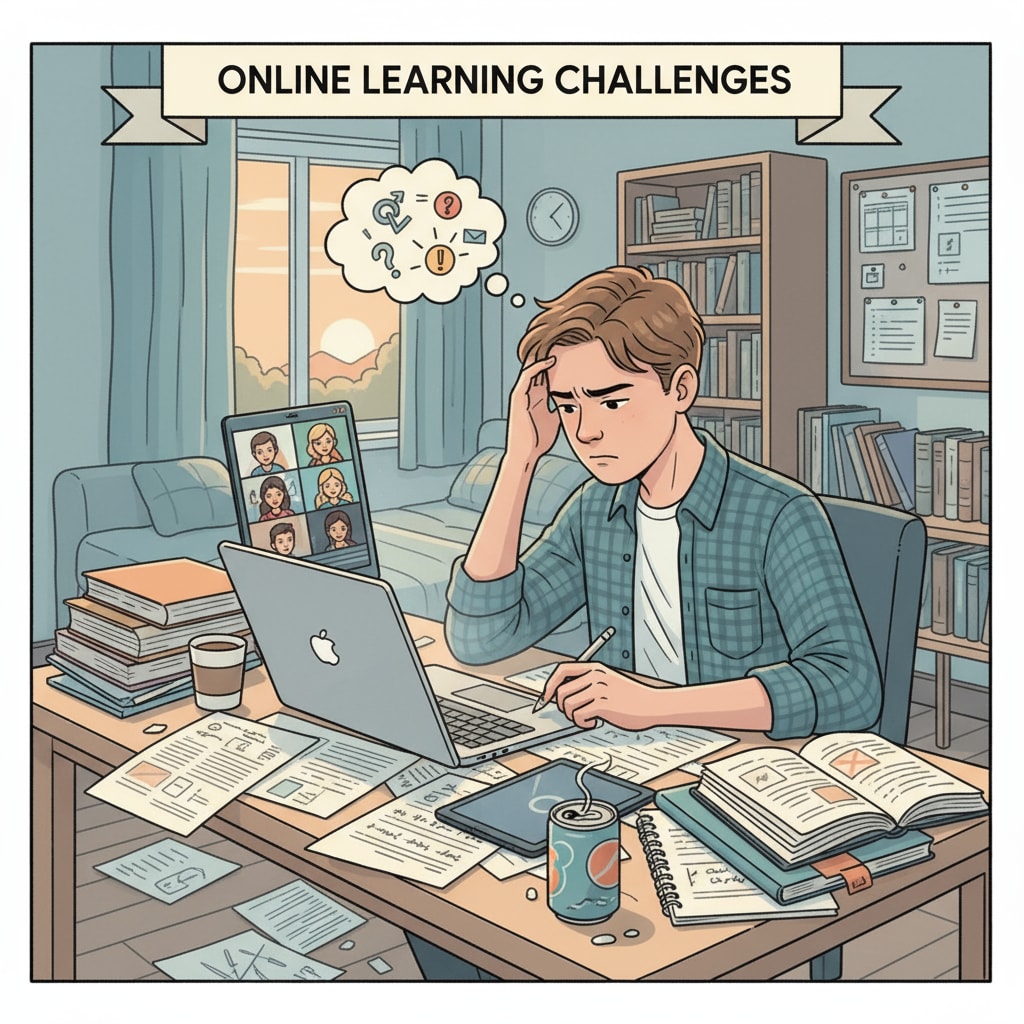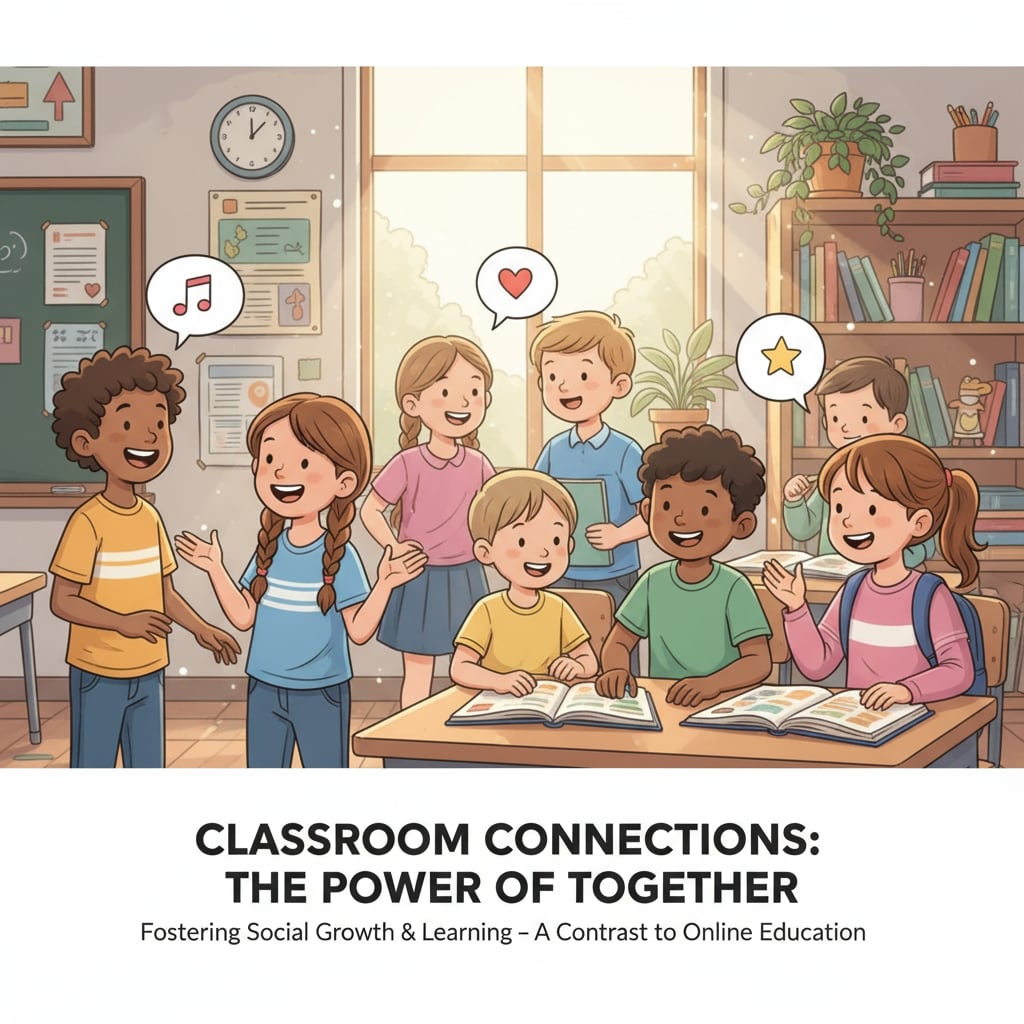Online school, mental health, and procrastination are intertwined issues that many teenagers face in today’s digital learning landscape. The flexibility of online education is a double-edged sword. While it offers opportunities for students with mental health challenges to learn at their own pace, it also places a significant burden on their self-discipline, often leading to procrastination.

The Impact of Online School on Mental Health
Online school can be isolating. Without the physical presence of classmates and teachers, students may feel a lack of social connection. This isolation can contribute to feelings of loneliness and depression. According to American Psychological Association’s research on mental health, social interaction is crucial for maintaining good mental well-being. Additionally, the constant pressure to stay focused in a virtual environment can be overwhelming, adding to stress levels.

Procrastination in the Online Learning Sphere
Procrastination is a common problem in online school. The lack of a structured physical classroom environment makes it easier for students to put off tasks. Distractions at home, such as social media or household chores, can derail their study plans. For example, a student might intend to start an assignment but end up spending hours on their phone. As a result, deadlines are missed, and academic performance suffers.
Building a Structured Learning System
To combat procrastination and support mental health, creating a structured learning system is essential. Set a regular schedule for studying, just as you would in a traditional school. Designate a specific study space free from distractions. Make a to-do list and break tasks into smaller, manageable steps. This way, the workload seems less daunting, and you can track your progress more effectively.
Utilizing Tech Tools for Productivity
There are numerous tech tools available to assist with online learning. For instance, time management apps can help you allocate specific time slots for different tasks and prevent you from spending too much time on one activity. Website blockers can restrict access to distracting websites during study hours. These tools act as external aids to enhance your self-discipline and boost productivity. Wikipedia’s page on productivity software lists various applications that can be useful in this regard.
In conclusion, online school, mental health, and procrastination require careful attention. By understanding the impact of online learning on mental well-being, recognizing the causes of procrastination, and implementing strategies like building a structured system and using tech tools, teenagers can navigate the virtual learning environment more effectively. This will not only improve academic performance but also contribute to better mental health and overall personal growth. Readability guidance: The article uses short paragraphs and lists to summarize key points. Each H2 section provides practical information. The use of passive语态 is minimized, and transition words are used to enhance the flow of the text.


